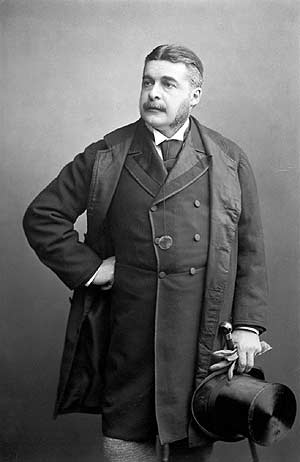httpv://www.youtube.com/watch?v=5ks-NbCHUns
The “To be or not to be” soliloquy from Olivier’s Hamlet
Today is Laurence Olivier‘s birthday (1907 – 1989).
Frye on New Year’s Eve 1948 records in his diary his impressions of Olivier’s film version of Hamlet:
Went to see the Laurence Olivier Hamlet this afternoon — its eleventh filming, according to the program. As Olivier directed the film & played Hamlet too, it was still the subjective fallacy, the conception of the play which derives from the accident that Hamlet is a fat actor’s role, not in the least scant of breath. In any production the actor who takes Hamlet’s part has a lot to say about the production, & his first care is usually to ensure that if any part is cut it won’t be his. Olivier wasn’t crude about it: he slashed the soliloquies to ribbons & turned it into a play of action. The subjective fallacy showed up chiefly in his treatment of Ophelia–he manipulated her part to make her just the “anima” of Hamlet, & deliberately cut out her mature intensity of feeling & her sharp sly humor. Consistently with this he made her death pure accident, thus making all the references to her “doubtful” death in the fifth act entirely pointless. The foils to Hamlet were also weakened — Laertes of course has a very badly written part, but the stability of Horatio was hardly in evidence & Fortinbras was abolished altogether, along with those dismal robot clowns Rosencrantz & Guildenstern. On the other hand, the king & queen were fully & excellently treated.
Hamlet is not about Hamlet at all, but about a situation into which Hamlet fits, and all attempts to treat the play as though it were primarily a character study of Hamlet destroy the symmetry of the play. For one thing, one needs all the rich counterpoint of the Polonius family, which plays the same role in Hamlet that the Gloucester family does in Lear. We have to see this subplot from its own perspective as well as from Hamlet’s. Ophelia corresponds to Gertrude, & her attraction toward Hamlet is, from Polonius’ point of view, a desertion to vice, just as Gertrude’s attraction toward Claudius is from Hamlet’s. The father-daughter hold here is as palpable as the bigger mother-son one. But more important, Hamlet is not a play about Hamlet’s indecision, but about the ritual element in revenge. In Hamlet the stimulus to revenge takes the creative form of the play: in Claudius it takes the form of a ritual sword-dance, a Druidical drama punctuated with choruses of toasts & cannon shots. But the question “why did Hamlet delay?” is no more important to the play than the question “why did Claudius delay?” for Claudius also has shallow excuses and self-analyzing soliloquies. There is something comic in the elephantine fumbling on both sides, especially in the fourth act.
There were excellent things in Olivier’s version, though: the winding stair & the general Piranesi setting, Hamlet as the Orc-hero brandishing the torch in Claudius’ face, a grotesque little wooden statue of Christ to which Claudius prays, the use of the cross on the sword-hilt in the Hamlet-Ghost scene, the whole Saturnalia or Balshazzar’s feast aspect of Claudius’ revels. The camera, by pushing closer to the characters, brings out the horror of tragedy the stage plays often gloss over, & reminds us that tragedy is after all about people getting hurt. (CW 8, 42-3)


